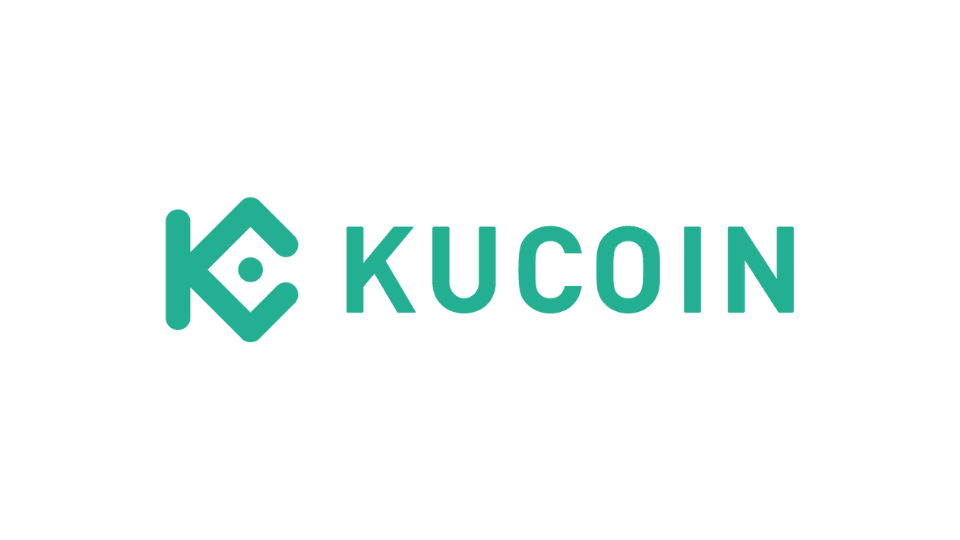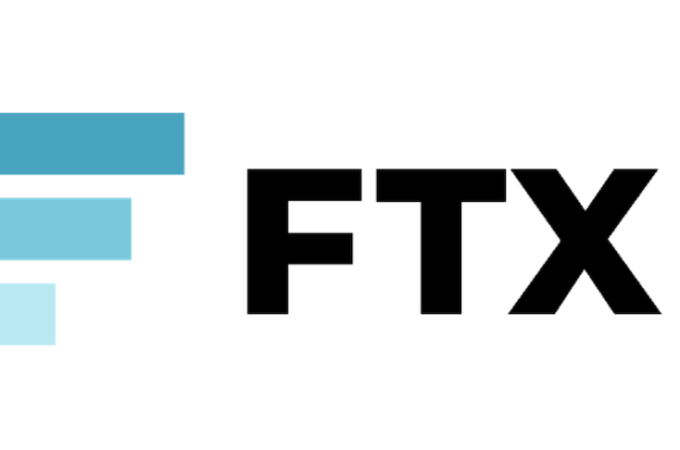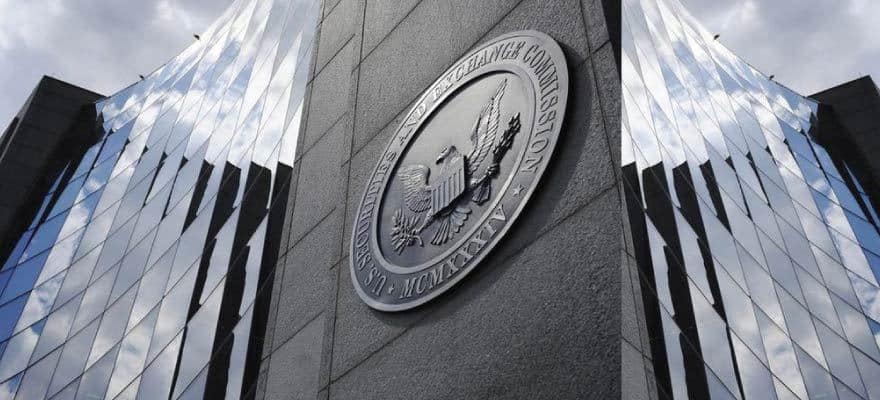
KuCoin’s 7.5% VAT on Nigerian Transactions Sparks Controversy Amid Regulatory Uncertainty
KuCoin, a prominent global cryptocurrency exchange, has announced plans to implement a 7.5% Value Added Tax (VAT) on transaction fees for users with Know Your Customer (KYC) information registered in Nigeria, effective July 8, 2024. This move has ignited a heated debate within the Nigerian crypto community and raised questions about the regulatory landscape for digital assets in the country.
The exchange cited a “regulatory update” as the reason for introducing the tax, which will apply to all transaction types on the KuCoin platform. However, the source of approval for this taxation remains unclear, with uncertainty over whether it stems from the Nigerian government or an agency like the Federal Inland Revenue Service (FIRS).
The announcement has been met with mixed reactions from Nigerian crypto stakeholders. Some view it as a potential sign of the government’s recognition of digital assets as a financial instrument, potentially paving the way for future regulations and licenses for industry players. Others, however, have expressed concerns about transparency, fraud prevention, and the practical implementation of the tax given the Central Bank of Nigeria’s (CBN) restrictions on converting crypto to fiat currency.
Lucky Uwakwe, president of the Blockchain Industry Coordinating Committee of Nigeria (BICCoN), raised several questions about how the government will verify user numbers, ensure accurate reporting of trade activities, and confirm that the collected VAT is adequately remitted. There are also concerns about how the tax will apply to Nigerians accessing KuCoin from abroad.
The introduction of this VAT comes amid a complex regulatory environment for cryptocurrencies in Nigeria. The country’s National Security Adviser recently classified crypto trading as a national security issue, leading to restrictions on several fintech companies. Additionally, the Nigerian Securities and Exchange Commission (SEC) recently estimated the country’s crypto industry to be valued at $400 million and has asked exchanges and digital asset traders to re-register their businesses.
Some observers speculate that KuCoin’s decision to implement the tax might be an attempt to enhance its chances of securing an operating license in Nigeria. This move contrasts with the approach of other exchanges like Binance, which has faced challenges with Nigerian authorities over tax evasion allegations.





